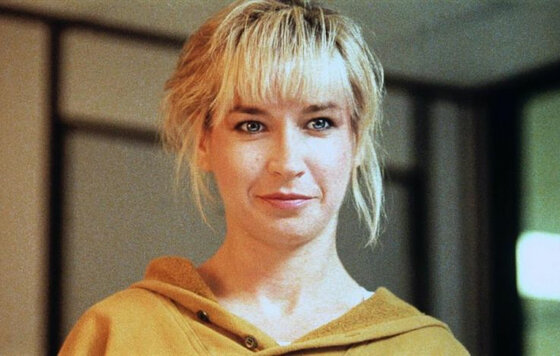
Гонконг рубежа 80х и 90х был удивительным местом. Представь себе территориально маленький город, в котором каждый день где-нибудь непременно проходят съёмки очередного фильма. Не важно, в каком разделе производства ты работаешь, будь то актёрство или управление мобильным буфетом, главное, чтобы ты был востребован — в таком случае у тебя есть возможность в кратчайшие сроки побывать близ множества съёмочных площадок самых разных студий, фильмов и режиссёров.
А уж если не просто механически выполнять обязанности по своей работе, а попутно наблюдать за другими процессами, то можно овладеть как минимум одной кинонаукой. Величие Гонконга той эпохи отчасти обусловлено многофункциональностью кадров. Здесь редко выживали чистокровные актёры, режиссёры, сценаристы и так далее. Фильмов снимается чёртова туча, при этом бюджеты весьма скромны, а потому студии высоко ценили людей, способных утром написать диалоги в завязке, днём дублировать звезду и сыграть эпизодическую роль, а вечером смонтировать снятый материал.
Один из достойных самоучек, выращенных гонконгским подходом 80х, — Ман Хой. В 70е он делал то, чем занимались все, кто хотел добиться успеха в кино — каскадёрил. Потом ходил по пятам за своим учителем Кори Юэнем, осваивал режиссуру и постановку экшна. И вот наконец он получил добро от Саммо Хунга на съёмки дебюта. От громкого имени студий «Голден Харвест» и «Бо Хо», с роскошным кастом в своём распоряжении и самим Кори Юэнем в качестве хореографа. Вот это я называю доверием. Ну, или расчётом на то, что если бы в процессе что-то пошло кардинально не так, Саммо выкинул бы Хоя из кресла режиссёра, посадил туда Кори, и Ман дебютировал бы в другом, менее дорогом фильме. Всё же фишка легла удачно: режиссура оказалась одной из сильнейших сторон фильма. Здесь много красивых моментов, ради которых хочется пересматривать кино целиком. Например, когда ленивые журналисты имитировали фотокорреспонденцию с места убийства, не вылезая из редакции. Или когда судья раз за разом даёт шанс прокурору защитить обвинение, а тот продолжает нести чепуху.
Долгая битва взглядов Синтии Ротрок и Билли Чоу получилась чуть ли не эффектнее самого боя. «Если ты хочешь меня удовлетворить, тебе понадобится много сил, — Как ты с ним разговариваешь? — Тебе лучше выйти, мы сейчас будем развлекаться». Чин Сиу Хо тоже стильно начал бой с высоким противником: притворился, что ерошит себе волосы, и сделал рывок… Ман Хой определённо воспользовался бандой харизматичных актёров на все сто, а композитор Крис Бабида усилил и без того насыщенные эпизоды крутым саундтреком.
Экшн стал пограничным колом, отрезавшим «Ярость блондинки» от клуба шедевров и оставившим прозябать среди крепышей. Провальных стычек не было, как не было и выдающихся, а вот троечников и хорошистов в боевике пополам. Всё самое вкусное мы видим в безоружных поединках, а как только Синтия берёт в руки палку, или начинает убегать или перепрыгивать с места на место, спасаясь от орды ботов, становится скучно. К сожалению, финальная разборка получилась целиком невзрачной, но надо сказать, к моменту её наступления зритель успеет насладиться несколькими классными боями. Раз уж фильм пытался заработать на иллюзии продолжения «Зло во благо», попробуем понять, почему экшн не достиг уровня псевдоприквела, хотя постановщик всё тот же. Во-первых, в «Зло во благо» половину внимания забирал Юэнь Бяо, чей арсенал приёмов не знает предела. Во-вторых, тот фильм был сильно порублен на склейки, так как не слишком быструю Синтию дублировали чуть ли не везде, в результате чего драки смотрелись динамичнее. К тому же, местами воспроизведение ускорялось. «Ярость блондинки» честнее со зрителем: Синтию подменяют каскадёры лишь в хореографически сложных и трюково опасных моментах, очень многое Ман Хой позволил Ротрок выполнить самостоятельно. Можно поворчать, что на фоне молниеносных движений Чин Сиу Хо и Билли Чоу исполнение Синтии выглядит скудным, но зато экшн с её участием получился более-менее реалистичным.
Ключевым козырем фильма считаю амплуа, в котором предстала Ротрок перед зрителем. В «При исполнении» и «Лучшем отряде» она играла образ стервозной полицайки, была великолепна и, разумеется, красива, но лишена сексуальности. Здесь же, наоборот, Синтия стреляет озорными глазками и очаровательно улыбается. Нигде более я не видел свою любимую актрису столь женственной, браво, Ман Хой. Да-а, жаль, что с головой этот парень в режиссуру так и не окунулся, кинематограф многое потерял.
Пожалуй, с этого фильма киноманам стоит начинать изучение Британского Гонконга. Сюжет, атмосфера и экшн «Ярости блондинки» отражают почерк большинства соплеменников, так что вряд ли при резком неприятии фильма следует пытаться смотреть другие гонконгские фильмы рубежа 80х и 90х. Это особый раздел истории, такое кино нельзя критиковать рационально, его надо воспринимать через призму эмоций.
Метки: The Blond Fury, Билли Чоу, Кори Юэнь, Ман Хой, Синтия Ротрок, Чин Сиу Хо



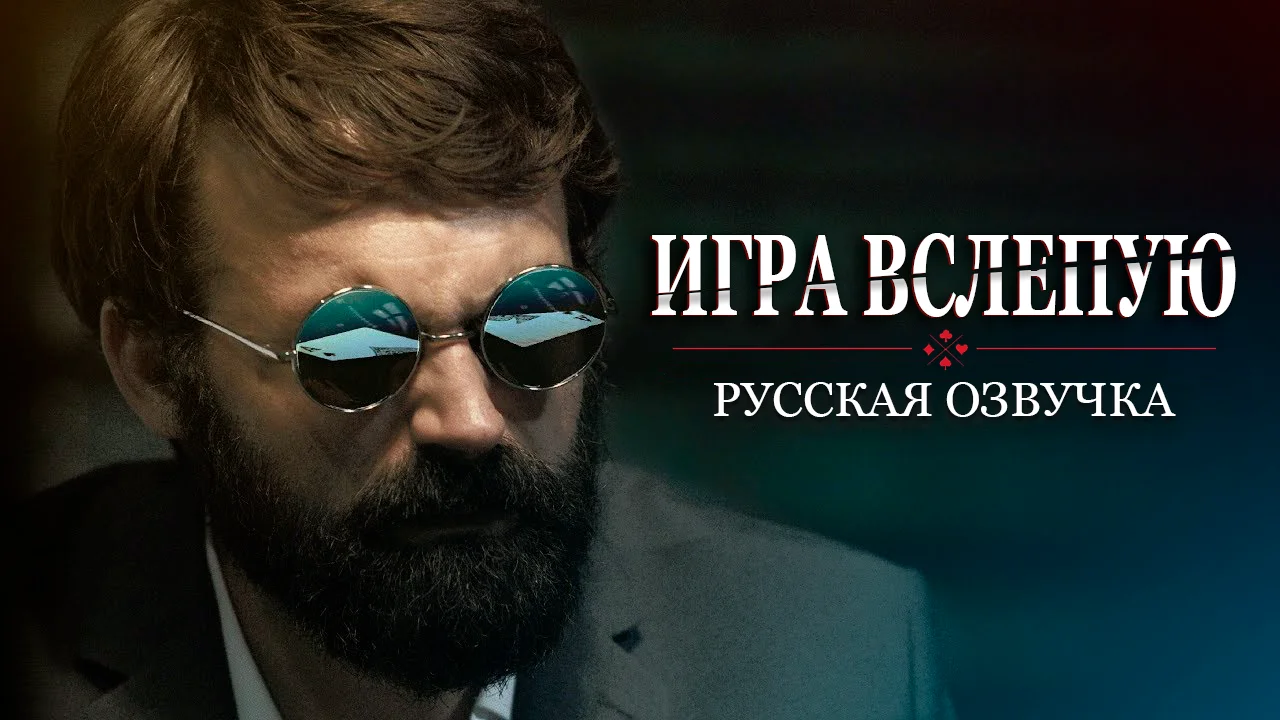
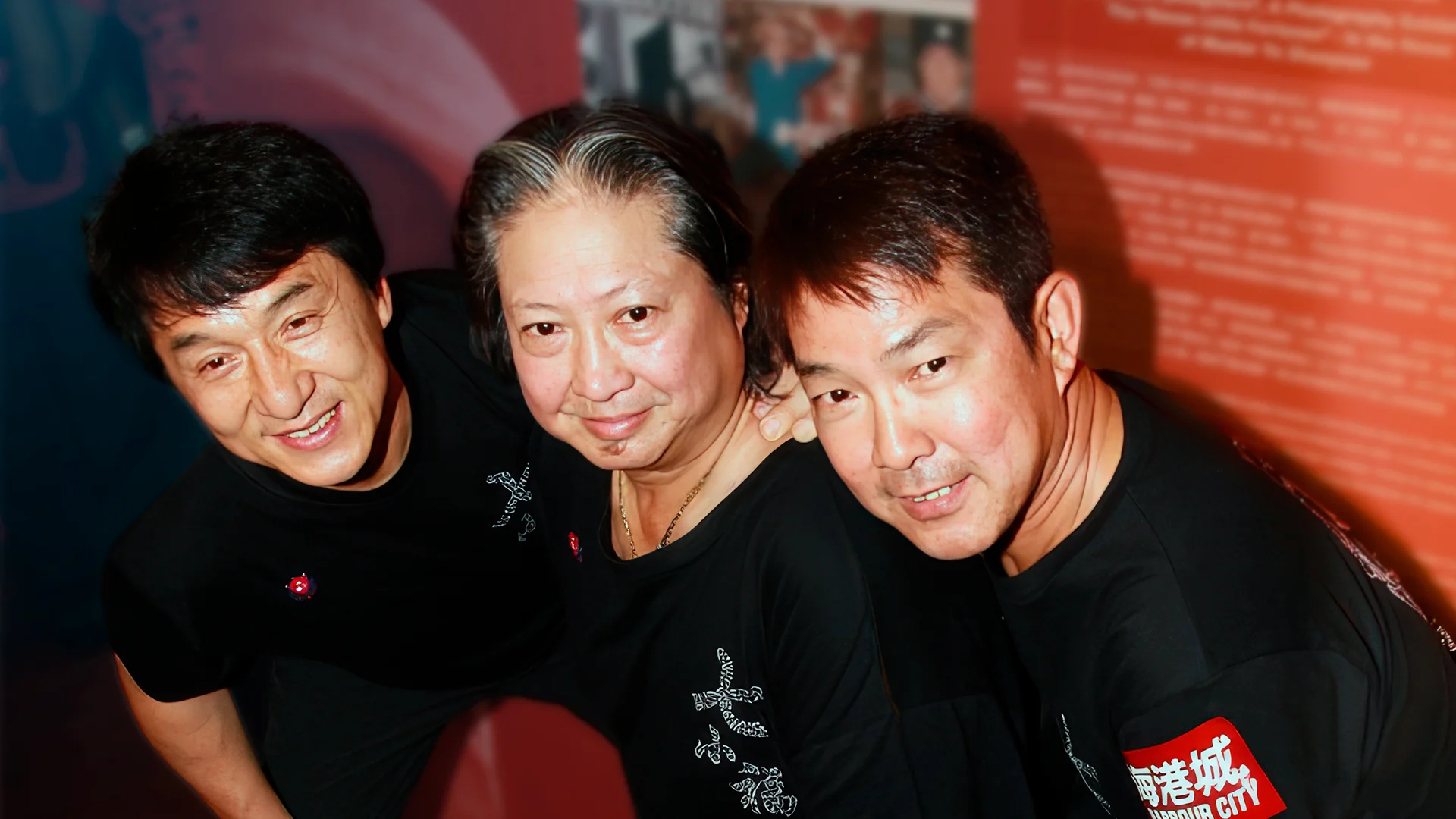
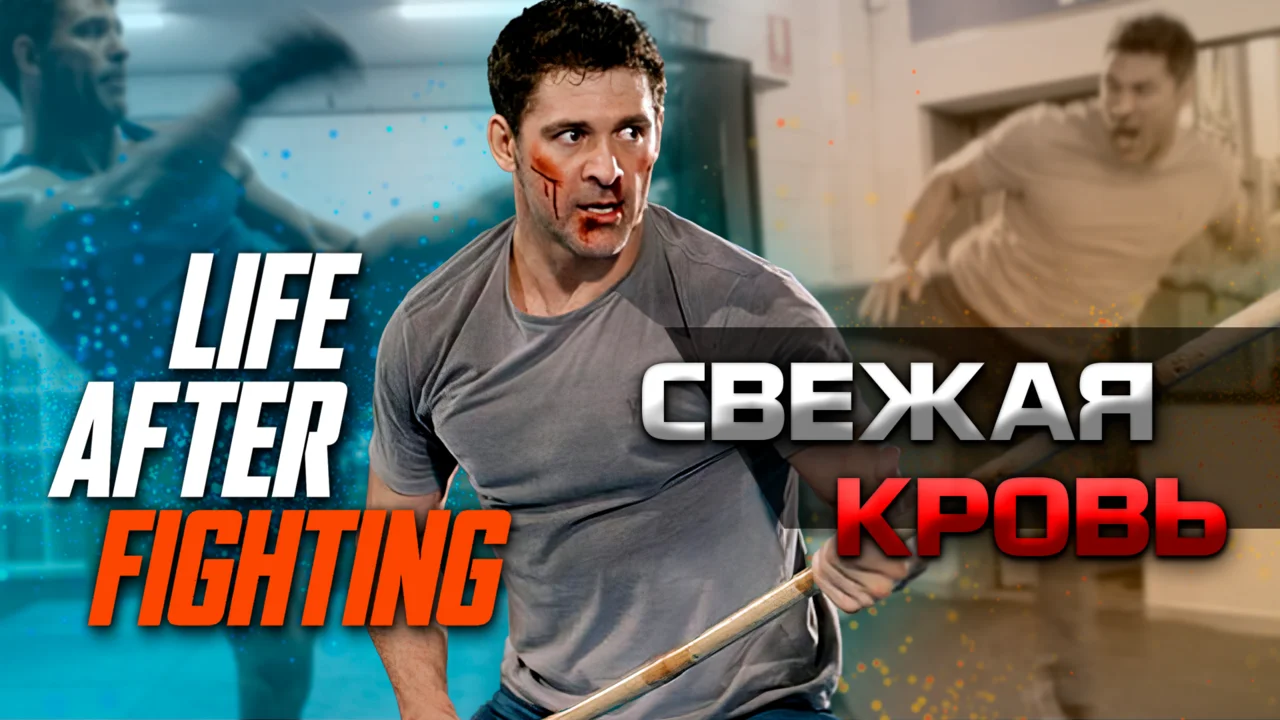
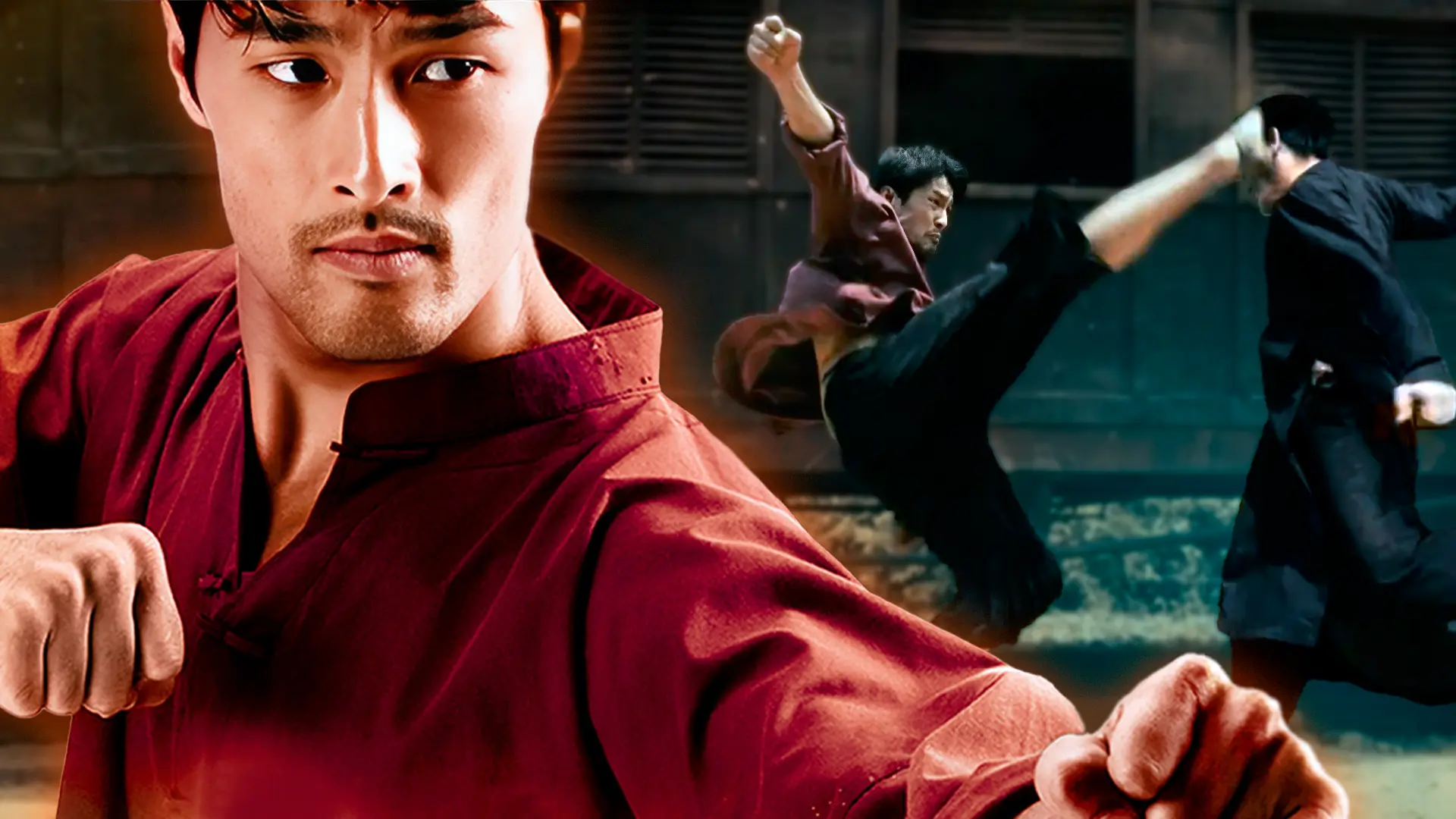
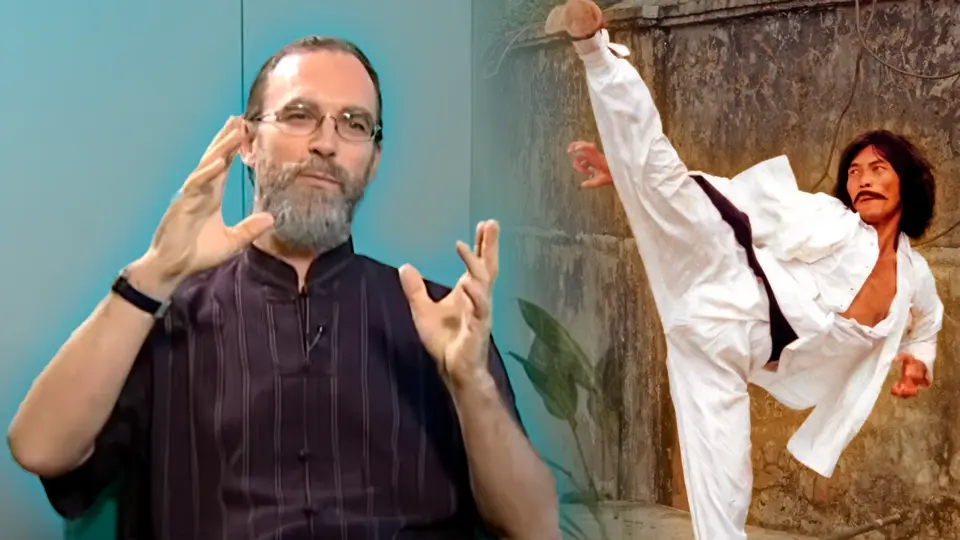
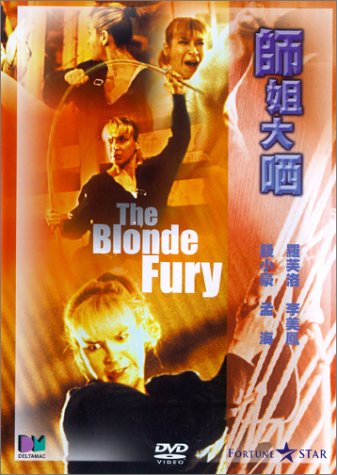
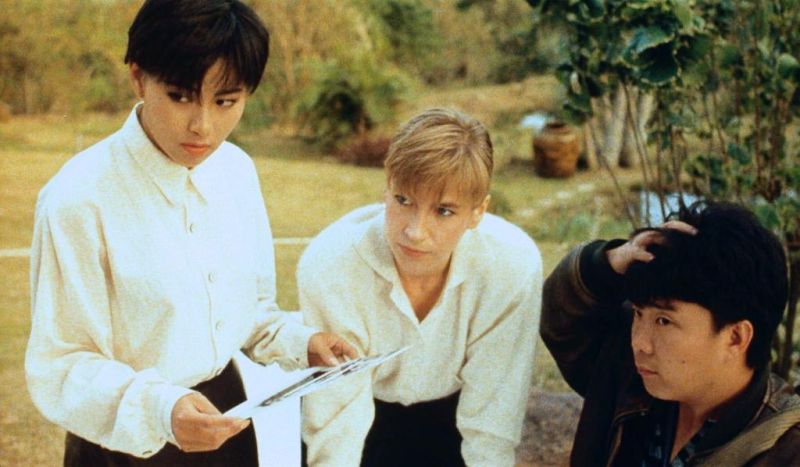
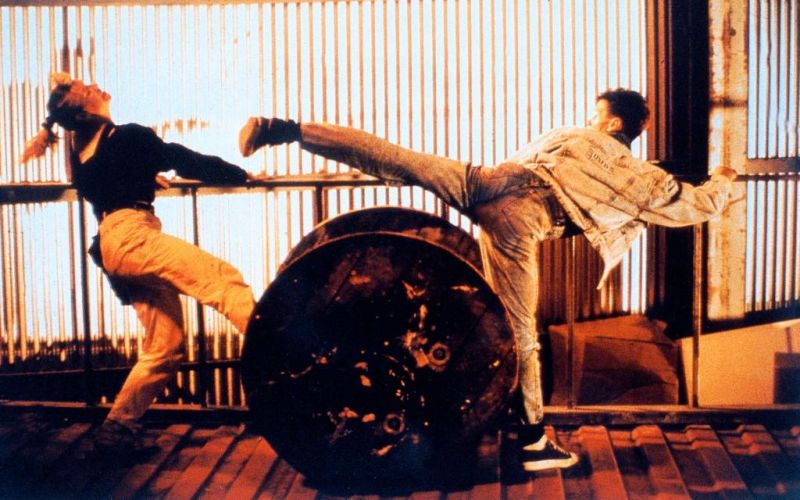
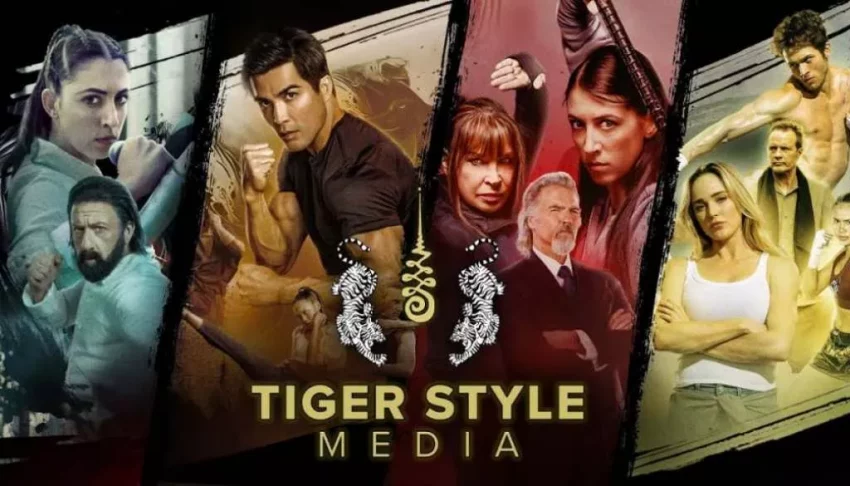
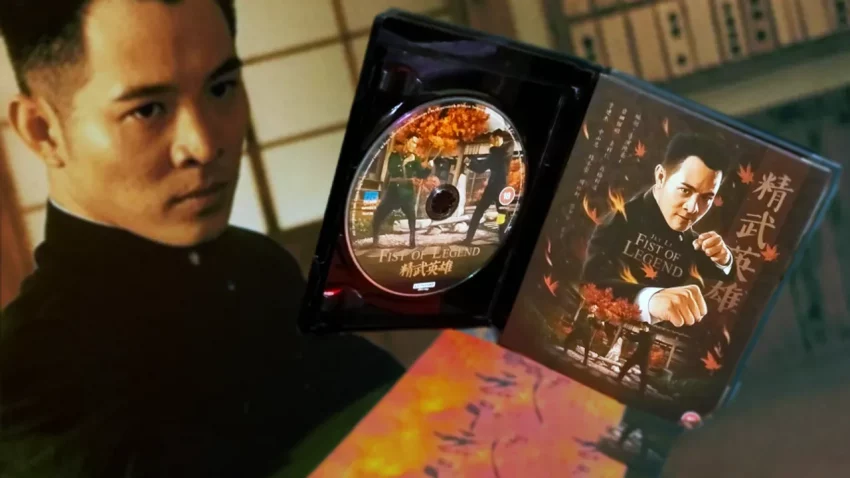
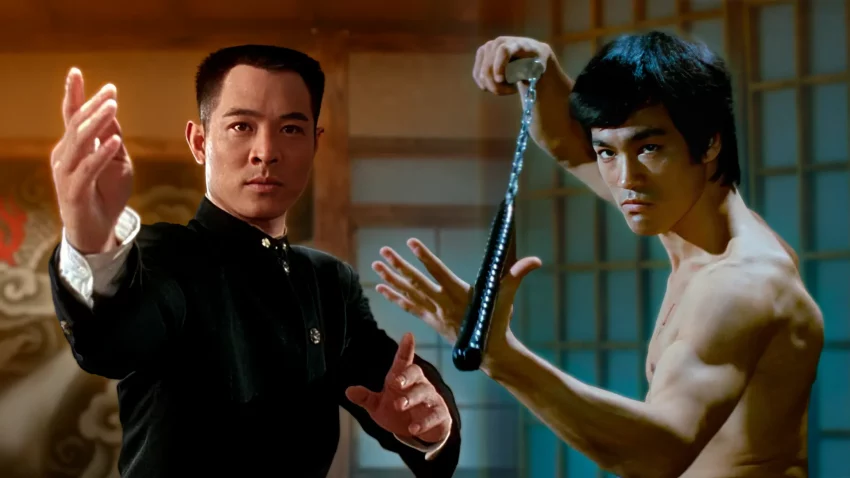
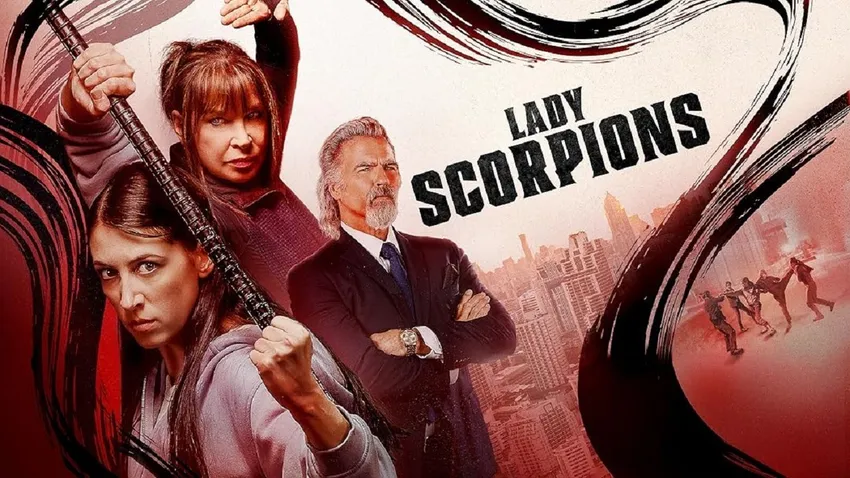
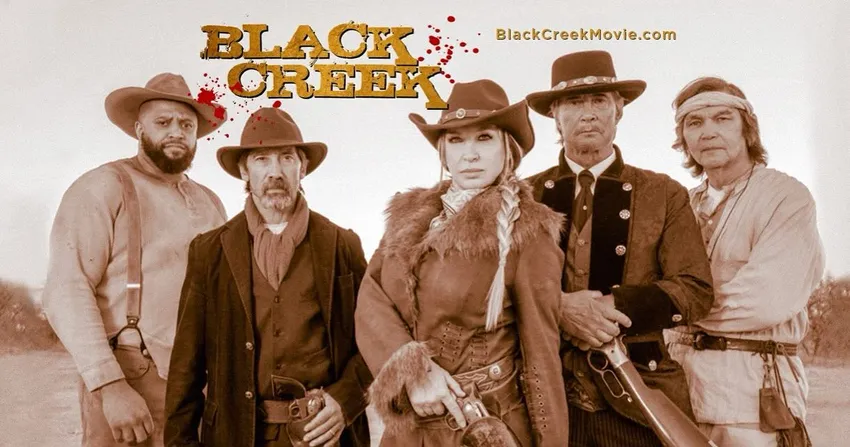
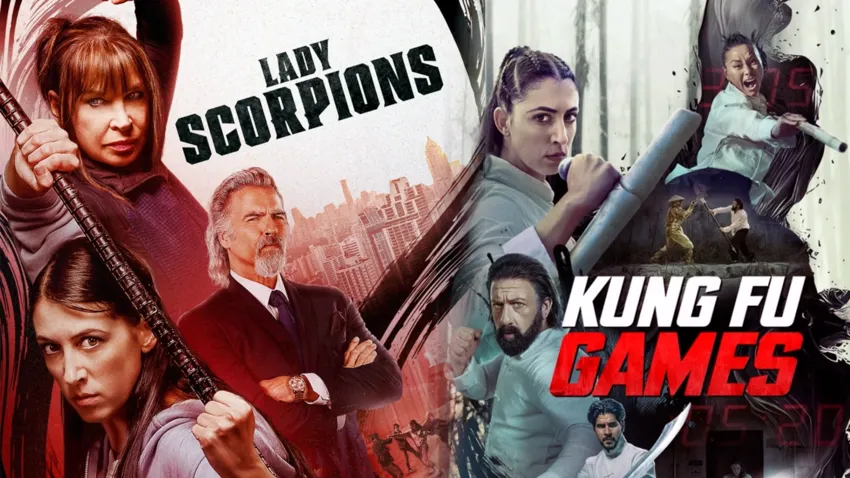
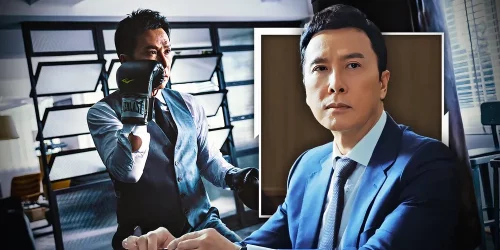
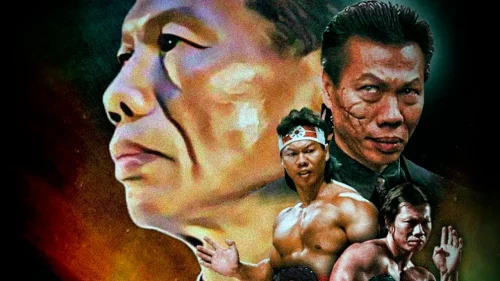

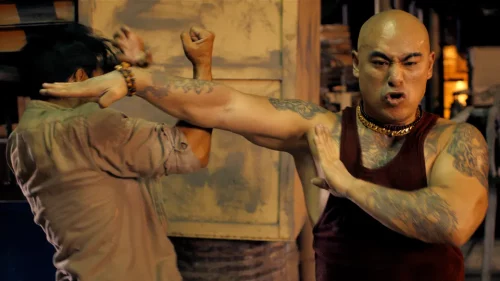
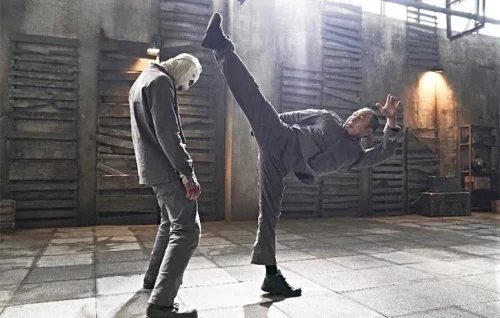
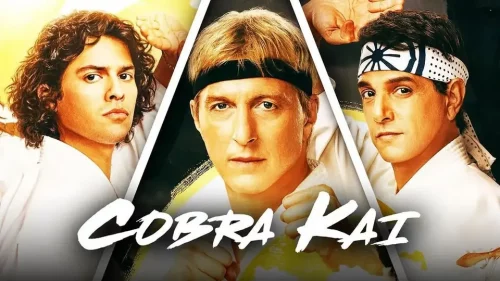

Ну, я бы, наверно, не стал на Синтию Ротрок все валить. Скорее всего, фильм снимался в жатые сроки и за копейки. Кроме вышеупомянутого Чоу, против наших героев выставляют таких мастеров как Чунг Фат, Джефф Фалкон и Джастин Лин, но их способности бездарно сливаются. При том, что хореографию ставили сами Манг Хой и Кори Юэнь. Подозреваю, что первый режиссерские обязанности выполнял чисто номинально, но все в целом поработали на "отвяжись". С таким составом могло получиться, что то типа "Шанхайского экспресса", а получился проходной боевичек.
Дмитрий,
Для меня "Шанхайский экспресс" и "Ярость блондинки" - фильмы одного уровня. Но больше тяготею ко второму. "Экспресс", наверное, самый масштабный фильм Гонконга 80х, подкупает грандиозностью реализации. Зато у "Ярости" очень ламповый стиль постановки. Возможно, Вы правы - причина в том, что настоящим режиссёром фильма является великий Кори.
Спасибо за рецензии! Ждем новые!